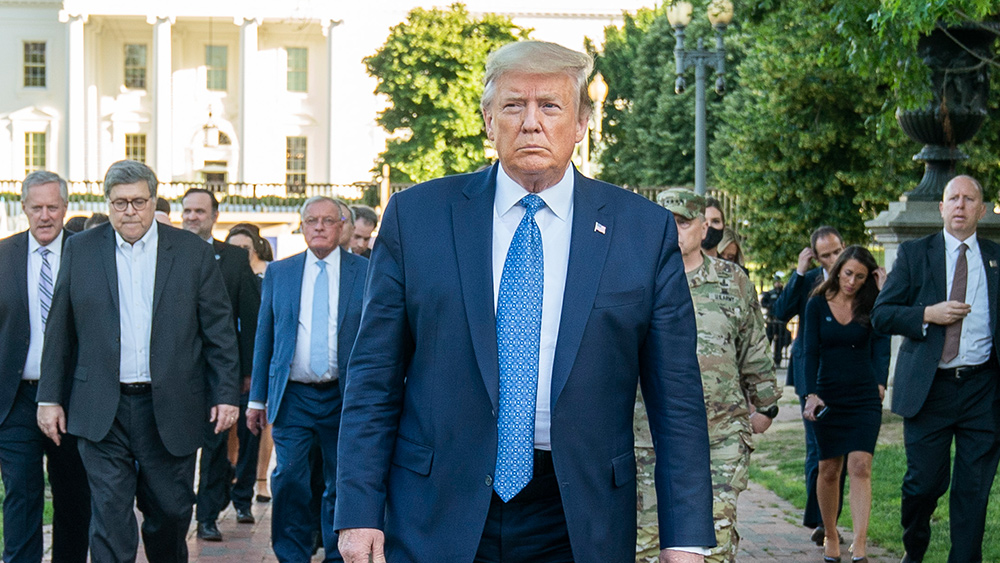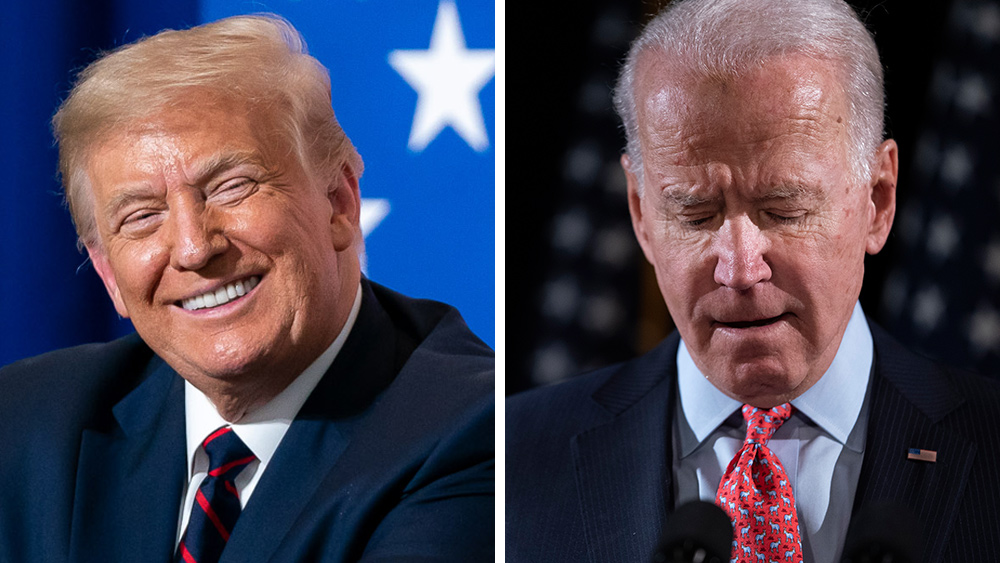China’s ban on rare earth minerals export rattles the world tech industry
01/10/2024 / By Belle Carter

China has just expanded its already tight restrictions on the export of technology related to refining rare earth minerals, which includes the production of rare earth magnets used in electric motors and generators as well as in the automotive industry and consumer electronics such as cell phones.
The communist nation, which controls 90 percent of the refined rare earth metal market, completely banned the rare earth extraction and separation technology. According to freelance writer and communications consultant Kurt Cobb, this recent move is part of a broader trade war between the United States and China over the exchange of technology.
President Xi Jinping’s commerce ministry sought public opinion last December on the potential move to add the technology to prepare samarium-cobalt magnets, neodymium-iron-boron magnets and cerium magnets to its “Catalogue of Technologies Prohibited and Restricted from Export.” In the list it also banned technology to make rare-earth calcium oxyborate and production technology for rare earth metals, adding them to a previous ban on the production of rare earth alloy materials.
Beijing is said to produce 60 percent of the ore, which means that the whole world is sending three-quarters of its ore to the country for processing, putting it in a commanding position to decide “who will get these metals and even whether the rest of the world gets any at all,” the analyst said. When China unexpectedly and dramatically reduced its rare earth exports in 2010, prices went skyrocketing. For Cobb, the Chinese would want to monopolize the market and even though America has made efforts to incentivize domestic mining of critical minerals, challenges remain due to the East Asian country’s market dominance. President Joe Biden’s administration allocated a small amount of budget to roll out a modest program to incentivize U.S.-based mining of critical minerals such as lithium, nickel, graphite, cobalt and manganese. However, it seemed to have failed.
“A private attempt to revive a closed rare earth mine, the largest in the United States, resulted in a colossal financial loss for investors when rare earth prices plummeted after China resumed its previous level of exports following the reduction in 2010,” Cobb wrote on his blogsite entry dated Dec. 24. “This shows how China can easily sabotage any attempts to challenge its dominance of the rare earth market.”
He added that the only reasonable way to break the Chinese stranglehold on the rare earth market would be for governments to guarantee the price of rare earth mined by domestic companies as CCP and its rare earth industry have a close-tie relationship. “In a world where the consensus regarding the free exchange of goods is breaking down and geopolitical interests are coming to the fore, China seems to care far less about living up to free trade rules than protecting its perceived national interests,” he said. “If other major trading countries and blocks start moving in the same direction, the easy availability of cheap goods and resources produced in faraway locales may become increasingly problematic.”
First U.K. rare earths hub launched
On the other side of the planet, a rare earth hub set up by the University of Birmingham, HyProMag Ltd and Mkango in Tyseley, central England, has already begun producing recycled rare earth for the magnets, an initiative re-introducing commercial sintered magnet manufacturing back into the U.K. for the first time in over 20 years.
Partners of the firm explained via a press release that Tyseley Energy Park is employing a mechanism dubbed Hydrogen Processing of Magnet Scrap (HPMS), a short-loop recycling method delivering materials that need only a few process steps to produce recycled ‘sintered’ rare earth permanent magnets that are made to recognized industrial grades. The process claimed to offer 88 percent energy saving and 98 percent human toxicity saving when compared to primary production and is considered a “cleaner and more energy efficient process than the traditional dismantling, thermal demagnetization and cleaning processes and lends itself to automated and efficient processing.”
At present, this is reported to be the only local source of recycled rare earth permanent magnets in the United Kingdom and is set to provide further customer and project partner samples. Commercial production is targeted for 2024, with initial throughput targets of 20 tons per year of rare earth magnets and alloys, scaling up to a minimum of 100 tpa in subsequent months. (Related: Demand for “critical” rare-earth minerals soars amid rapid growth of “clean” energy industry.)
Analysts are closely watching if China would also find a way to hinder its operations as well.
Head over to CommunistChina.news for more stories similar to this.
Sources for this article include:
Submit a correction >>
Tagged Under:
advanced chips, automotive industry, bubble, China, Clean Energy, communist China, consumer electronics, domestic mining, earth minerals, economy, electric motors, extraction and separation, free exchange of goods, generators, geopolitics, Glitch, incentives, metals energy, mining, monopoly, rare earth magnets, rare earth metal, restriction, risk, supply chain, Tech Industry
This article may contain statements that reflect the opinion of the author
RECENT NEWS & ARTICLES
COPYRIGHT © 2018 BANNED.NEWS
All content posted on this site is protected under Free Speech. Banned.news is not responsible for content written by contributing authors. The information on this site is provided for educational and entertainment purposes only. It is not intended as a substitute for professional advice of any kind. Banned.news assumes no responsibility for the use or misuse of this material. All trademarks, registered trademarks and service marks mentioned on this site are the property of their respective owners.


















